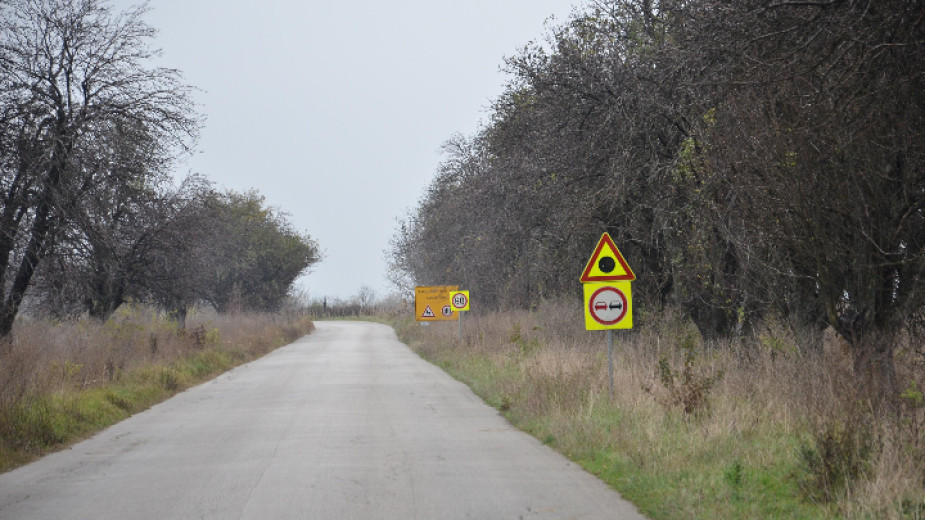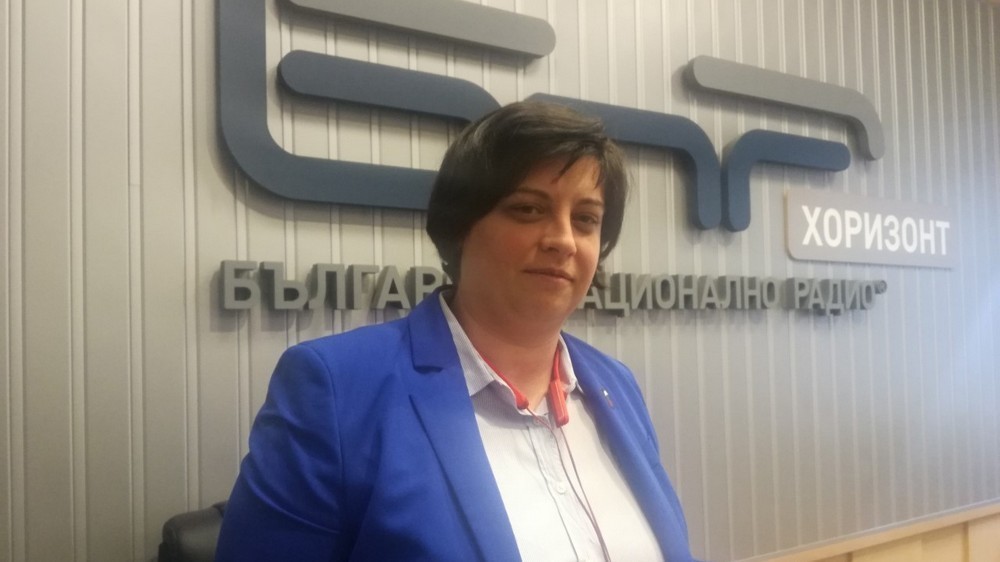4,916 major traffic accidents have occurred on the territory of the country in the period from the beginning of the year up until 31 October, in which 381 people have been killed and 6,143 injured. Compared to the same period of 2019 the number of accidents has gone down by 698, of the fatalities – by 147, and of the injured road users – by 956. Nevertheless Bulgaria is still close to the top of the list of EU countries in the number of accidents, fatalities and injuries. A European Commission report analyzing road accidents on the territory of the EU in 2018, published at the end of last year, shows that Bulgaria and Romania are the two countries with the highest number of fatalities per 1 million of the population – 88 and 96 respectively.
And some more data, this time from Eurostat for 2018, according to which three regions of the country are in the “black list” of road accident fatalities.

The Northwestern, the Southeastern and the Northeastern regions of Bulgaria, alongside two provinces in Belgium and two regions in Romania, are in the top 10 of roads in the EU with the highest number of fatalities.
“The absence of road markings and roadworks safety signs is an everyday occurrence, especially in the less advanced regions,” Martin Nikolov, a frequent traveler in Northwestern Bulgaria says, talking about the road network in that part of the country. Talking to BNR- Radio Vidin he explained:
“In the regions where any thought is put into the matter preventive measures are taken, and the police are there, on the roads, more and more often. My own observations are that foreign citizens have the feeling they can do anything with impunity in Bulgaria. They overtake, ignore road markings and speed limits. Accidents happen precisely because of non-compliance with conditions on the road because it can happen to anyone to break the speed limit. Experience behind the wheel is very important.”

According to Dina Russinova from the European Centre for Transport Policies road repair efforts have been made in many parts of the road network in the country, there have been road reconstruction and rehabilitation, and construction of motorways, but they are mostly in Southern Bulgaria, and not in the North or Northwest.

“We have noticed a marked improvement in the dialogue with the state authorities of late. I would say it is quite constructive but it should be known that since practically nothing has been done in 30 years, there is no way to make up for lost time in 2 or 3 years. And the price we pay for it is in human lives.”
There are a great many road safety problems in Bulgaria, but they can all be solved provided there exists enough public and political will to do so.
“The truth is that in recent years we have all been living a lie, and we are paying for it with our lives. Yes, we have a problem with exercising control, it is a fact that we have problems with driver training, but it should be known that in both there exist lobbying interests. So, the matter should be approached cautiously. The sooner we get down to working on these problems together, the longer lasting and sustainable the effect. And it will be noticed quickly as the number of fatalities and injuries in road accidents begin to drop,” Dina Russinova says.
Еditor: Yoan Kolev
Photos: Eurostat, BNR, Radio Vidin and library
Veliko Tarnovo is hosting the Urban Wine Fest, organised by the Bulgarian Association of Wine Professionals. "October is the month of Bulgarian wine and the richness of our local grape varieties," said Daniel Dragoshinov, a member of the association, as..
October 17, 2025 will go down in history as the date on which the Minister of Culture of Hungary presented the document with which the Tradition of Bulgarian Gardening in Hungary officially entered the UNESCO National Register of..
The center of Bulgaria's town of Asenovgrad is today turning into a colorful scene of flavors, aromas and traditions, in which the spirit of the Red Wall Biosphere Park comes to life , reports BNR's Radio Plovdiv. At the “Festival of Crafts and..
October 17, 2025 will go down in history as the date on which the Minister of Culture of Hungary presented the document with which the..
The center of Bulgaria's town of Asenovgrad is today turning into a colorful scene of flavors, aromas and traditions, in which the spirit of the Red Wall..
Veliko Tarnovo is hosting the Urban Wine Fest, organised by the Bulgarian Association of Wine Professionals. "October is the month of Bulgarian wine and..

+359 2 9336 661
